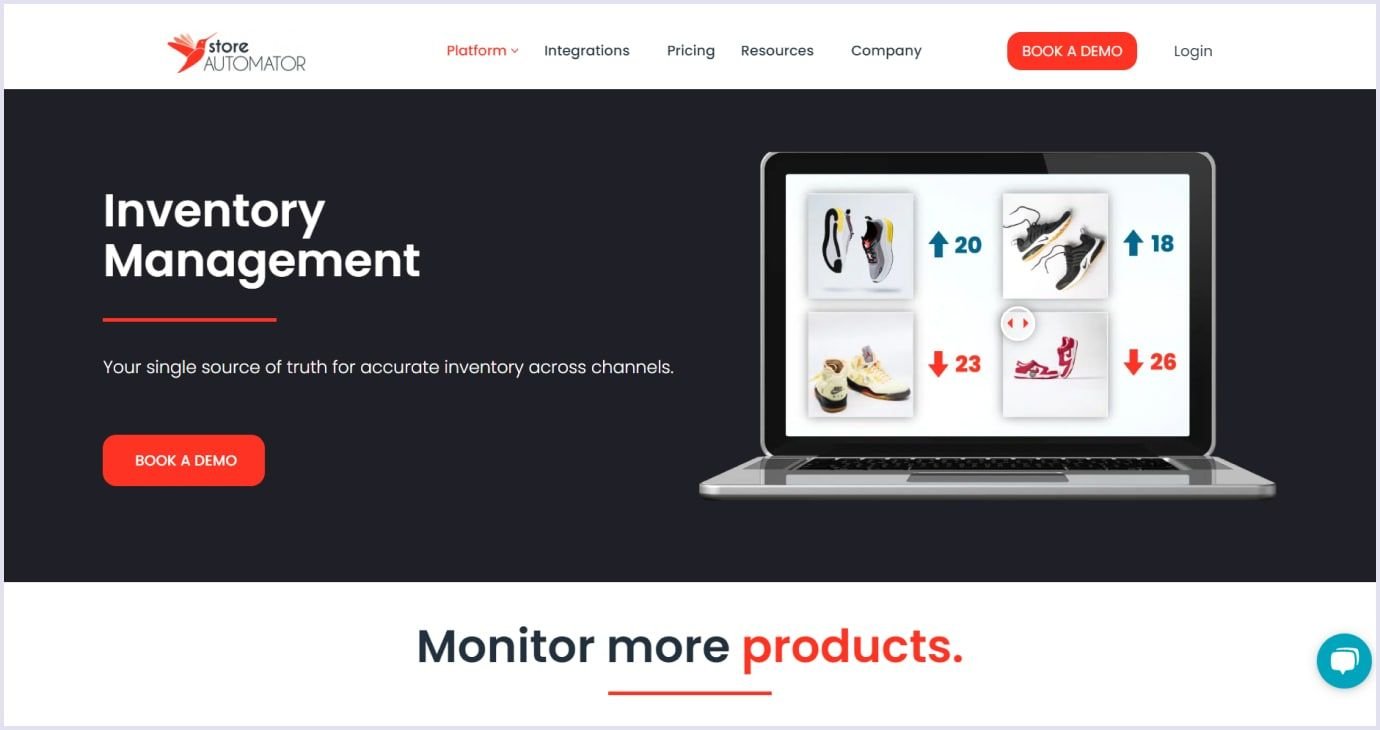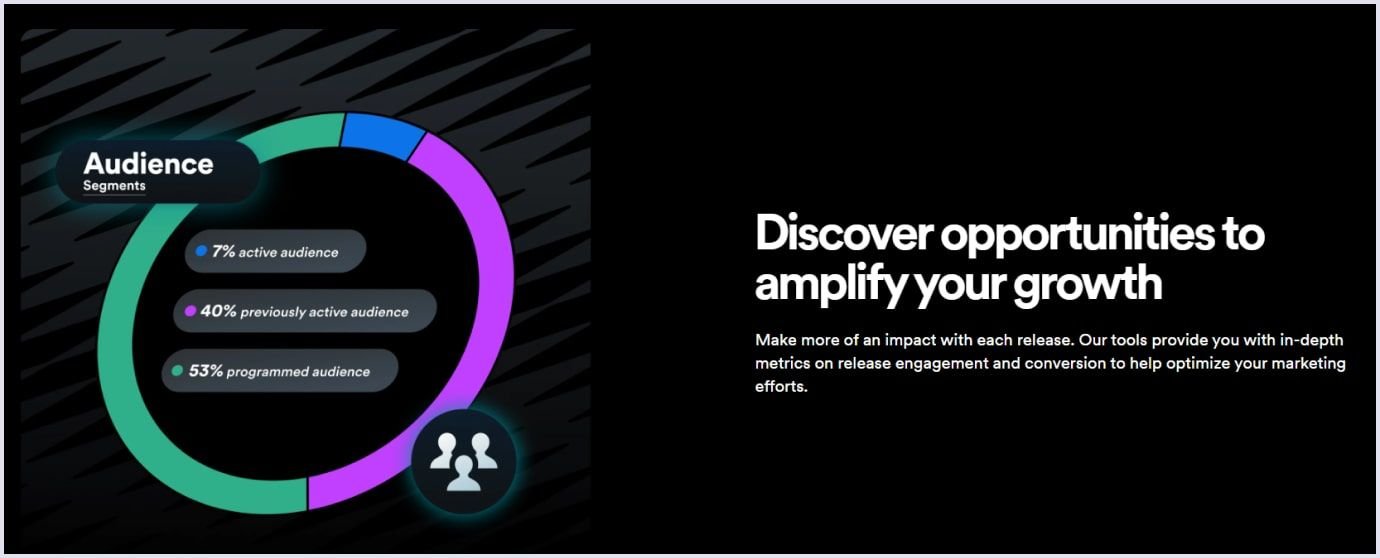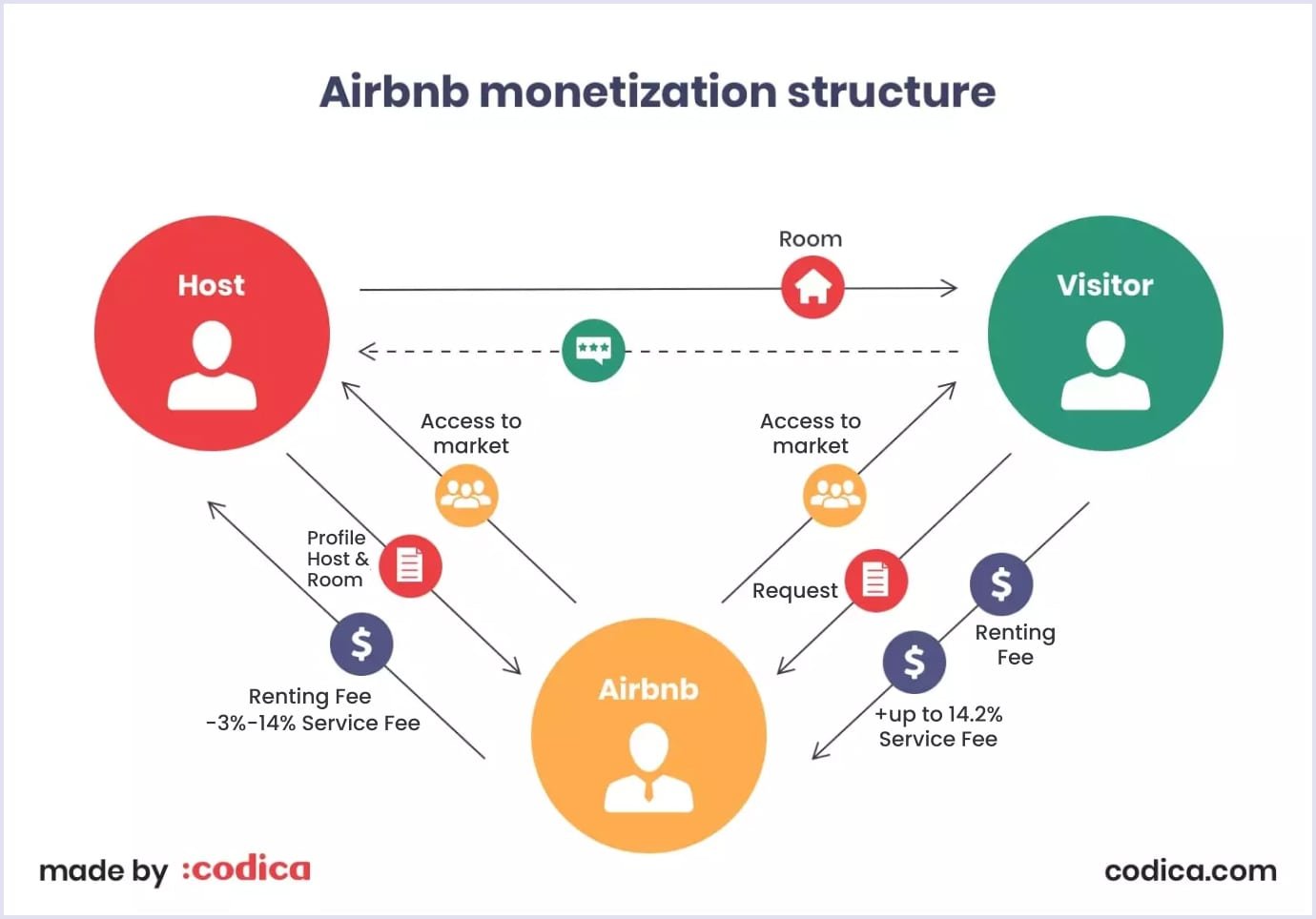With dozens of marketplaces today, we observe how they start small businesses and scale to billions of US dollars in revenue. Thanks to technologies, marketplaces provide a dynamic, convenient, and secure environment for selling and buying diverse products and services.
Knowing the technical intricacies and how to build an online marketplace, we share our expertise in this article about marketplace benefits. By the end of this post, you will know how you can benefit from running a marketplace and which technical tools lead to such wins.
Let’s discover the marketplace pros together.
Pros of setting up an online marketplace
Before we move on to details, here is a quick snap of how marketplaces can evolve. eBay started as a marketplace for exchanging collectibles. Later on, it began covering electronics, cars, homeware, and more categories. Such scaling brought a 50,000% investment return from Series A to IPO (initial public offering).
This growth exemplifies how stakeholders can win from online marketplace development and embrace the benefits of ecommerce for a business. So, let’s dive deep and see how online selling platforms bring value to founders, sellers, buyers, and investors.
1. A rise in sales for better return on investment
Online business-to-consumer (B2C) or business-to-business (B2B) marketplaces connect people from different regions. While brick-and-mortar shops reach local communities, online stores go beyond those boundaries. As more customers join your marketplace, you can count on an increase in sales.
The critical point to consider in this case is that your supply and demand sides should be interested in your marketplace. It means you provide value for buyers and sellers online that they would not get offline.
For example, artisans have direct sales to buyers. However, an online platform can expand their outreach to a broader audience. Seeing online marketplace benefits, they would join it and offer their products to more shoppers on the platform. That is how Etsy started.
Also, defining online value is not enough to keep the platform running. Consider the following crucial aspects that are also vital for your marketplace sales growth:
- Optimized product listings. Use high-quality product images. Choose detailed, accurate descriptions with unique features, customer ratings, and reviews.
- Competitive pricing. Provide discounts, promotions, and free shipping to attract more customers to your platform.
- Excellent customer service. Help sellers and buyers with order statuses, shipments, returns, and refunds. Provide terms and policy descriptions, self-service options, and human customer support.
Take J.Crew as an example of the benefits of ecommerce. In addition to a compelling website design, the marketplace offers special discounts, earning points, free shipping, and birthday gifts, all for free. So, the marketplace makes buyers' experience enjoyable to raise the chances of repeated purchases.

Source: J.Crew
2. Neat inventory management for peace of mind
Ordering, shipment, tracking, and returning items go via many channels. You need to control many orders, their delivery statuses, and what products should be available on shoppers’ demand.
Thanks to inventory management integrations, you relieve yourself from worries about under or overstocking. With new technologies, you can see which items you have in stock and which should be replenished. Scheduling and tracking replenishments are also made accessible.
For example, StoreAutomator is a platform that helps streamline retailers' sales. Well-organized shipping and inventory management are also among B2B ecommerce benefits. Inventory management assists in monitoring products, stock-keeping units (SKUs), pre-orders, back-orders, and more. The feature includes the following:
- Real-time inventory monitoring across different channels and warehouses. It enables sellers to avoid overstock and out-of-stock levels;
- Hiding inventory on particular channels, which helps manage pre-orders and backorders;
- Quick inventory transferring between warehouses;
- Leveraging data and recognizing patterns to see inventory needs.

Source: StoreAutomator
Moreover, inventory management integrations are compatible with Amazon, Walmart, eBay, and Etsy. Also, such integrations help you reprice your products based on competition and sales speed.
3. Scalable business model for new audiences and sectors
Amazon is an example of a platform that can be scaled across industries, audiences, and geographic areas. Jeff Bezos, Amazon’s founder, started a small company selling books. He chose this sector because of the high demand for books worldwide, low unit prices, and various titles.
Jeff Bezos expanded the platform and added more product categories and services to overcome business challenges. Then, the company moved to cloud computing with Amazon Web Services (AWS) and digital streaming with Amazon Prime Video. In 2024, Net sales increased 11% to $158.9 billion in the third quarter, compared with $143.1 billion in the third quarter of 2023.
As you can see, a marketplace platform can be scaled over time. It requires effort and commitment to pivot business challenges. Still, learning about your customers’ needs and trends drives your online marketplace benefits
4. Automation to promote efficiency
Using technologies and integrations speeds up operations, reduces errors, and strengthens security. Thus, you focus on higher-value activities. The following are the processes you can automate to gain the benefits of ecommerce for a business.
Order management
With automated order management, you streamline repetitive and bulk tasks. So, these benefits of multi-vendor marketplace help you fulfill orders and track delivery fast and with high accuracy. Moreover, customer data and delivery location are stored so that you can retrieve them for demand forecasting.
Shipping labels and invoices
Automating software prints shipping labels and invoices at the time of packing. Thus, you do not have to manually enter order data, which saves you time and costs for order fulfillment.
Also, such systems help add a carrier if the customer wants an express delivery and chooses a particular company.
Payment distribution
Marketplace pros include payment software that covers payments in various currencies and methods. Such software ensures timely payments for sellers with secure and fraud-filtering as vital benefits of multi vendor marketplace.
Report generation
Generating automatic reports helps track customer preferences, demand, stock, and sales. Thus, you get updates and deep analysis for further improvements in managing your marketplace.
Promotions with ads
You can also automate ad campaigns. The automation tools help you manage bidding, update ad content, and reach a broad audience. Automation also optimizes costs to improve return on ad spending.

5. Analytics for improved performance
Marketplace analytics helps you analyze customer preferences and behavior to provide them with more online marketplace benefits. Also, analytics is vital for optimizing marketplace operations and ensuring they run continuously.
For example, check for demographic groups visiting your platform. Learn about customers navigating your platform. Observe the prices of the products purchased and their frequency of purchases.
Also, pay attention to customers’ feedback. Since they use your platform and are loyal to it, their feedback will show you where fixes or improvements are needed.
An eloquent example of using analytics is Spotify. The platform uses semantic search, natural language processing, machine learning, and big data analytics to enhance music experiences. Their recommendation engine revolutionized how customers can discover music, create curated lists, and get annual roundups of what they have listened to.
Below is an example of how Spotify provides artists with helpful analytics they can use for their creativity.

Source: Spotify
6. Anytime operating facility for outstanding customer service
Marketplaces operate round the clock and go beyond time zones. So, customers can place their orders anytime and from anywhere. The only limit for this e-commerce advantage is the processing of orders. Sellers or marketplace managers will accept and fulfill the order during their business hours. The working time may differ from that of buyers.
For example, the Dan.com domain-selling website provides precisely such a service. You can buy, sell, and transfer domains anytime you want.
Moreover, Dan.com has made several advancements with our help to add more online marketplace benefits. The task was to refine this website's Portfolio section with optimization and a new feature set.
Among improvements, we added an infinite scroll to give a view of the domain list on one page. Also, we provided bulk changes to help users export and import many domains at a time.
Another advancement is the feature for editing domains on the same page. Thus, users can edit domain information with just one click. Overall, the platform became more user-friendly and improved customer experience.
The video below shows the Portfolio workflow after functional optimization and design enhancements.
7. Streamlined management for excellent business outcomes
Marketplace owners or sellers can streamline their operations by using management software. Technologies and integrations ensure you can refine processes in your marketplace. Also, you can connect integrations with other prominent platforms in ecommerce marketplace development.
Owners and sellers can accept and fulfill orders, track their statuses, and provide customer support. Also, they can experiment with product content and choose one that performs best for sales and ad campaigns.
Moreover, marketplace management tools include dashboards that provide data-driven notifications. So owners and sellers do not miss out on stock or customer data and can plan sales and services.
8. Flexible monetization for growing revenue
Defining how your marketplace will generate revenue, you can choose from several business models. Typical monetization strategies for marketplaces include commission, subscription, and listing fees. Featured listing fees, lead fees, and premium membership are also common. Let’s take a closer look at them.
- Commission is a percentage that a marketplace takes for a transaction;
- Subscription is a monthly or yearly payment for accessing marketplace services;
- Listing fee is a payment for publishing your product on a marketplace;
- Featured listing fee allows you to highlight your product above other offers;
- Lead fee is charged for getting leads from pay-per-click ads or sale referrals to a third party;
- Premium membership is a payment for access to exclusive features.
For example, Airbnb charges mostly 3% from hosts. This amount grows to 14% for hosts with a Strict Cancellation policy. Guests also pay up to 14.2% of the booking subtotal, which varies and decreases after the third month of stay.
Below is a scheme of Airbnb’s monetization strategy that helps the marketplace run.

Considering monetization, here is a quick tip from our team. When you start your marketplace, choose one strategy that is reasonable to be taken in exchange for the value you provide. You can add more options to cover new services and features as you scale your marketplace business.
Marketplace benefits for stakeholders
Buyers, sellers, founders, and investors win from the benefits of ecommerce website. Let’s see what benefits marketplaces bring to those stakeholders.
1. Benefits for buyers
- Extensive product range. Online marketplaces provide buyers access to a broad spectrum of products in one place.
- Trusted platforms. Ratings and reviews enhance buyer trust in marketplaces compared to standalone firms.
- Promotions and convenience. Marketplace benefits for consumer include discounts and free shipping. Also, a simple checkout process enhances convenience.
2. Benefits for sellers
- Enhanced search ranking. Marketplace listings rank high in search results. Thus, listings get better visibility than standalone online stores.
- Increased promotion opportunities. This means that sellers benefit from increased brand recognition on marketplace platforms. As a result, vendors get a higher flow of customers.
- Access to analytics. Sellers gain insights into product views, purchases, and other statistics in marketplace accounts.
3. Benefits for founders
- Revenue options. Marketplace owners can choose revenue models like listing fees, subscriptions, or commissions. The approaches offer flexibility and the potential for combining multiple schemes.
- Scalable business. As marketplaces expand, adding more sellers meets growing demand. Thus, you maintain a balance between supply and demand for sustained growth.
- User and investor interest. Marketplaces offer enjoyable buying and selling experiences. This value attracts users and investors and helps the marketplace scale and evolve.
4. Benefits for investors
- Investment diversification. Marketplaces have a broad exposure to assets, products, and businesses. Thus, investors can spread their investments across many opportunities. The latter include high-growth and innovative sectors with attractive returns as ecommerce business benefits.
- Liquidity. Many marketplaces offer a platform for flexible buying and selling investments. So, investors can enter or exit positions as needed.
- Portfolio customization. Investors can choose specific assets or businesses to invest in within a marketplace. This opportunity helps investors align their preferences, risk tolerance, and financial preferences.
- Network effects. Investing in a marketplace can amplify asset value as user engagement grows. Scaling businesses grow from network effects and ensure investment benefits.

For these B2C and B2B ecommerce benefits to work, your platform should be SEO-optimized. Also, the marketplace should have engaging UI/UX design and ensure excellent usability. Those are principles we implemented when redesigning a boat-selling website.
The task was to redesign and optimize the website for search engines. Also, we should align integrations with current systems to handle listings from around Australia.
The updates and optimizations we integrated into the platform brought positive outcomes. The platform gained accessibility, appeal, and smart integrations. As a result, lead generation grew by 480%. So, this Australia’s favorite has gained a new life and benefits founders, buyers, and sellers.
Check out the video below to see how the platform works afresh.
Also, see our portfolio for more successful projects of marketplaces and other custom solutions.
Wrap up
Marketplaces create a fruitful space for business growth. Among their benefits, online selling platforms ensure round-the-clock operations, broad outreach, automated processes, and scalability. You get scalable revenue and investment returns thanks to these online marketplace benefits.
Contact us if you plan on online or multi-vendor marketplace development. Our experts are eager to help you with price estimates and technical approaches.

